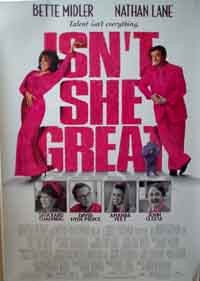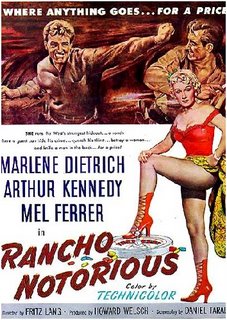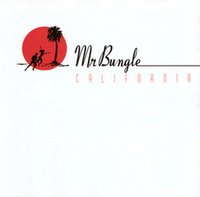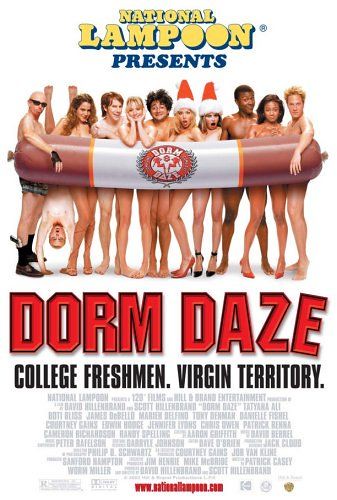
Isn’t She Great
(2000, 95 min.)
Starring Bette Midler, Nathan Lane, David Hyde Pierce, Stockard Channing, Amanda Peet, John Cleese, John Larroquette.
Screenplay by Paul Rudnick, inspired by an article by Michael Korda.
Directed by Andrew Bergman.
Gender issues are of great interest to me, and I couldn’t help but think while watching this film of that old political favorite, the double standard, only instead of ‘what gets classified as strength in men, gets classified as bitchiness in women’, I was thinking in the other direction. It occurred to me that were a film made about a man with the qualities of the main character here – brash, foulmouthed, pushy – the title ‘Isn’t He Great’ would have been put forward with an eyebrow raised and the tongue pressed firmly into the cheek. In other words, the sort of arch sarcasm most certainly not on display in the title of this film.
Was the life of Jacqueline Susann, author of Valley of the Dolls and other heady tomes that helped birth the literary trash genre, the stuff that movies are made of? Well, there was tragedy: an autistic son; the battle with breast cancer that she ultimately lost. There was comedy: her public feuds with the likes of Truman Capote; the fact that she had a publishing contract in the first place, according to some. (Not having read her work, I am unqualified to judge whether or not she had a talent for anything beyond dishing dirt.) There is her extremely archetypical story of an individual struggling to break into showbiz and only doing so after finding their own particular niche. And then there’s Susann herself, a character if ever there was one: loud, flamboyant, brassy, ballsy. So, yes, Susann’s life was not just movie material, it had enough material for several movies, spanning several genres. And herein lies the main flaw of Isn’t She Great. Director Bergman clearly saw the assorted potential and tried to cram it all into one film. The result is a mish-mash of story elements none of which feel fulfilled and the overall whole of which will most likely not satisfy anyone but the most diehard Susann fans. And even they will be distracted by some pointed omissions.
What’s not omitted is a genuine affection and appreciation for Jacqueline Susann. Truth be told the film isn’t ultimately about Susann as much as it is about the love that her husband and publicist, Irving Mansfield (Lane), felt for her. Lane’s vigorous performance makes it that much easier to believe how much he loved her, which is no small feat given that hers’ was not a personality that everyone might find particularly lovable. (This point of view would also explain why the various affairs she carried on behind Mansfield’s back are nowhere to be seen here.)
Not helping matters is the fact that, as stated before, the film serves up bites of various different elements without ever truly offering a full plate of any one. One of the better extended segments happens a little after the halfway mark, when we’re served up the timeworn device of uptightness slamming up against free-spiritedness, or more specifically in this case, the WASP-y intelligentsia of Hyde Pierce’s editor character coming face to face for the first time with the noisy, bawdy, and predominantly Jewish world of entertainers. Despite the familiarity of the schtick, these scenes actually work quite well. Hyde Pierce, Midler, and Lane play their respective roles in this bit to the hilt. Honorable mention should also go to Channing as Midler’s racy actress friend, who tells a funny story of being fired from Ozzie and Harriet, followed by an equally wonderful moment featuring Hyde Pierce’s reaction to Midler barking out that the Nelsons are “all cocksuckers”. (It’s also worthwhile mentioning that the film alternates the prerequisite shock and befuddlement with moments showing Hyde Pierce’s character finding genuine amusement in their behavior, a smart move that both alleviates the cliché a bit and makes the whole scenario slightly more realistic.)
It’s tempting to ponder whether Bergman might have ever-so-slightly had in mind the film version of Valley (which Susann supposedly hated), with it’s own unique blend of comedy and tragedy, when he made this. Of course, the comedy in that film was largely unintentional, much of it springing directly from the “tragedy” unfolding on screen, so it’s not the same thing at all. Still- tempting to ponder. Especially in moments when it’s not entirely clear what the film wants us to feel. Jackie constantly equates watershed moments in her life with her never-ending desire for fame, which sometimes seems like humor and other times, well, not so much. Such uncertainty on the part of the film does not tend to lend the viewer a whole lot of confidence and simply adds to the overall fragmented nature of the piece.
Ultimately the comedy bits in Isn’t She Great work the best, as schticky as they can be. (While on a book tour, Mansfield greets the nuns in a convent with the line, “If you liked the Old Testament, you’ll love Valley of the Dolls.”) But regardless of the element at work in any given moment, you never get past the sense of incompleteness. The performers were game and the material was there in spades, but the result is as substantial, to use another old New York chestnut, as Chinese food is filling.
I can’t help but feel that this all might have worked out better as a miniseries, for Lifetime perhaps. But then they wouldn’t have been able to include the scene where Jackie looks at up at the sky and yells at God to go fuck himself.
Author’s note: This review was the product of another round of the sado-masochistic games we tend to play over at the B-Movie Message Board, all the various incarnations of which involve one person assigning a bad movie to another. Sometimes it’s done in swaps, as was the case when Bergerjacques tried to fell me with Gothic, and sometimes it’s done in a kind of chain letter of cinematic pain, which is how the evil Grendel72 came to assign this film to me. Both men thought they could break me, apparently unaware that my ability to withstand mutilation makes Jim Rose look like Prince Alex. Nice try though. Bitches.
Go back to Plate O' Shrimp




